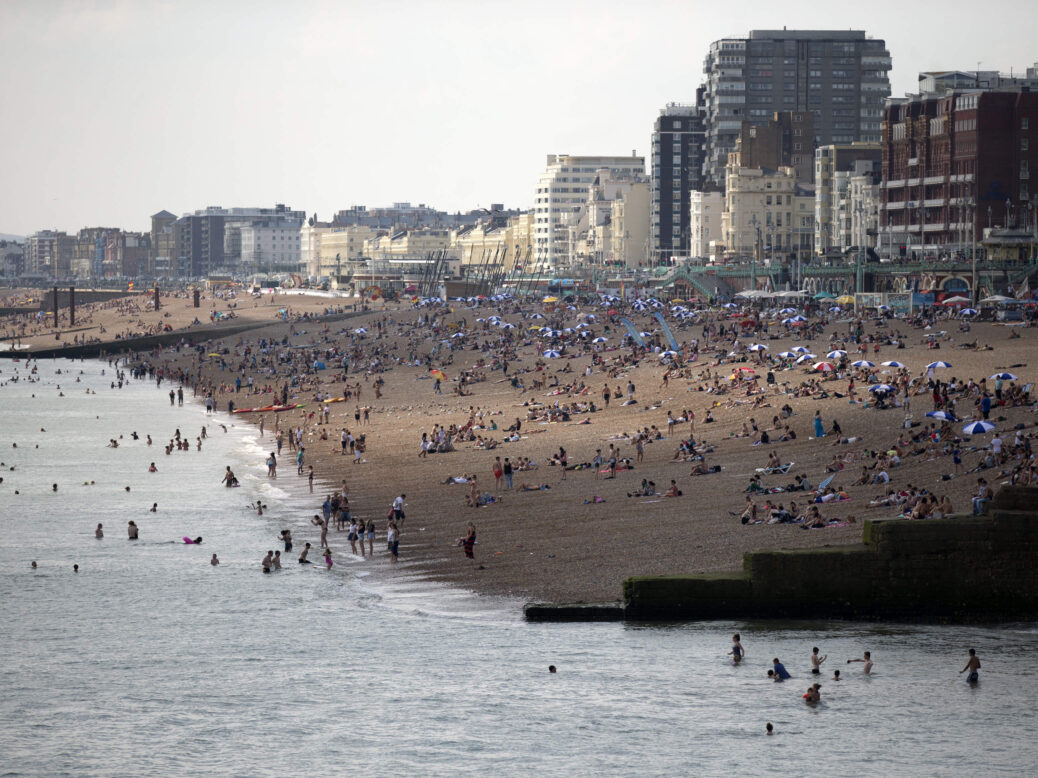
Personal experience tells me that many Green Party voters share the same values as Labour: reducing inequality, saving the NHS, upholding human rights, building homes, creating sustainable jobs and protecting the environment. These are values we share in our attempts to create a fairer society for all. But in reality, the opportunity to put our shared values into practice is put at risk every time the progressive vote is divided.
The last Labour government took the hugely significant step of establishing the minimum wage, but some Green Party voters were concerned that inequality continued to rise. They shared our passion for social justice but questioned our commitment to civil liberties. We recognise that we made mistakes. That’s what Ed Miliband said in his campaign to be leader of the Labour Party in 2010, and why under his leadership, our party has rediscovered its radical spirit – one that drives our policy programme.
We want to build a fairer country and that’s why reducing inequality is the cornerstone of our economic agenda. Taxing bankers’ bonuses to support the next generation of young talent, a mansion tax to fund more doctors and nurses, and the restoration of the 10p income tax rate all show how serious Ed is about creating a more equal society.
We have renewed our belief in social justice. We are fully committed to the European Court of Human Rights, which ensures the protection of the sick, disabled and vulnerable. We also believe in making our political debate more relevant to people’s lives. This means deepening and expanding our democracy and we are proud to support extending the franchise to 16 and 17-year-olds. And we want to devolve more power away from Whitehall and strengthen local government.
We also have an ethical foreign policy we are proud of. The instincts that led Ed to oppose the Iraq War were the same ones that made him stop the rush to war with Syria last year. Just this month, Labour MPs led the vote in Parliament to recognise Palestine as a state.
Ed was the first ever Secretary of State for Climate Change, and his commitment to tackle climate change is crystal clear from his pledge at Labour conference to make the UK a world leader in the green economy by 2025, creating one million new green jobs
This is a truly radical agenda and we will be a government that all progressives can be proud of. Crucially however, it is a radicalism grounded in reality – and a far cry from the Green Party’s approach to office.
You just have to look at my home city, Brighton and Hove, where the Green Party run the council, to see what an unrealistic agenda looks like. Indeed, they have given radicalism a bad name, with unwanted gesture politics and unattainable promises.
Elected on a “No Cuts, No Privatisation” ticket, they’ve delivered cuts totalling 50 per cent with greater private sector involvement than when the Tories were in charge. Recycling rates have not only decreased but are now less reliable than at any point I can remember. They said they would build 1,000 new affordable homes but have not even reached a third of that. Their blinkered approach to education has seen temporary classrooms built on primary school playing fields, and a failure to invest in a new secondary school that will see the city run out of places in three years’ time.
Compare this with the achievements and practical radicalism of Labour-run authorities. Islington’s administration wasn’t afraid to challenge the status quo by taking its waste and recycling services back in house, resulting in a more efficient deal for local residents. In Barking and Dagenham, Labour has a £9-an-hour living wage for all council staff. Oldham, meanwhile, is working to fight fuel poverty through the Fair Energy scheme, helping 38,700 households each save over £170.
To those still considering voting for the Green Party next May, and yet to be put off by the Brighton and Hove experience, I have one simple message: Labour has changed. A vote for our party will bring about a government that help will deliver a progressive economic, social and environmental agenda. Join us and be proud of what we achieve together.
Lord Bassam of Brighton is Labour’s Chief Whip in the House of Lords and a former leader of Brighton and Hove council. He is part of Labour’s Green Party strategy group. He tweets at @StevetheQuip






